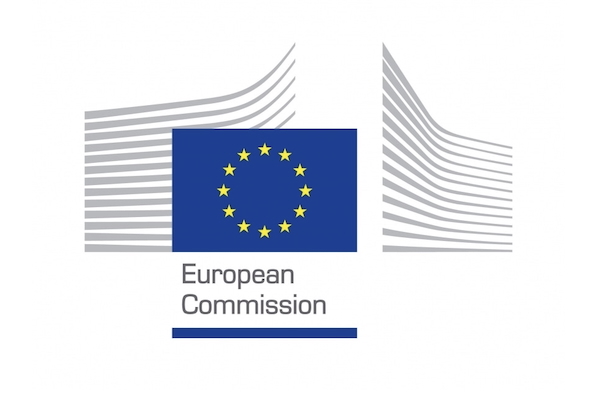
On Tuesday 17 June 2025, the European Commission issued a press release which proposed the phasing out of Russian oil and gas imports into the European Union (EU).
According to the Commission, the EU will phase out Russian oil and gas imports by the end of 2027, as set out in the legislative proposal it presented on Tuesday 17 June 2025. The proposal follows the REPowerEU roadmap, adopted last month and is designed to preserve the EU's security of energy supply while limiting any impact on prices and markets.
The Commission noted that the phasing out Russian fossil fuels will “make an important contribution to achieving the objectives of the Competitiveness Compass, the Clean Industry Pact and the Affordable Energy Action Plan”, which highlight how a cleaner, independent energy system would boost the EU economy while supporting Europe's decarbonisation ambitions.
As part of the planned phase-out, the proposal stated that Russian gas imports under new contracts will be banned as of 1 January 2026. Imports under existing short-term contracts will be suspended by 17 June 2026, with the exception of pipeline gas delivered to landlocked countries and under long-term contracts, which will be permitted until the end of 2027. Imports under long-term contracts will be suspended by the end of 2027. Long-term contracts for liquefied natural gas (LNG) terminal services to Russian customers or those controlled by Russian companies will also be banned. This will allow terminal capacity to be redirected to other suppliers, strengthening the resilience of energy markets.
The Commission said that this phased approach would contribute to effectively halting Russian gas imports, while limiting the potential impact on EU energy prices and avoiding any risks to security of supply. The Commission has confirmed it will support Member States throughout the process and will closely monitor, in collaboration with the EU Agency for the Cooperation of Energy Regulators (ACER), the progress and impact of the phasing out of Russian gas and oil imports.
Moreover, the Commission said that provisions to enhance the transparency, monitoring and traceability of Russian gas on EU markets will support the effective implementation of the import ban. Under the proposed regulation, companies holding Russian gas supply contracts will have to provide information to the Commission. In addition, importers of Russian gas will have to provide customs authorities with all necessary information confirming the trajectory of the imported gas from its actual origin to the point of importation into the EU.
EU leaders originally agreed on the phasing out of Russian energy imports in the Versailles Declaration of March 2022. In immediate response to the war in Ukraine and Russia's militarisation of energy supplies, the European Commission presented the REPowerEU plan in May 2022. Despite progress made under the REPowerEU plan and the sanctions imposed since Russia's invasion of Ukraine, the EU saw a resurgence of Russian gas imports in 2024. Consequently, in May 2025, the Commission presented the REPowerEU Roadmap, a plan outlining the phase-out of Russian energy imports across the EU.








